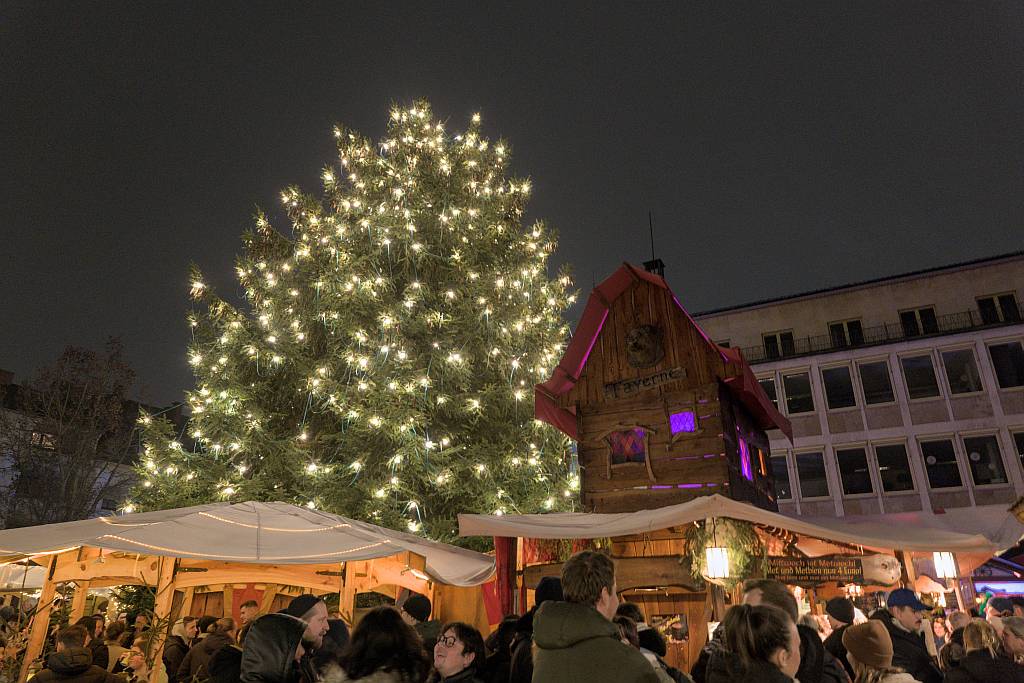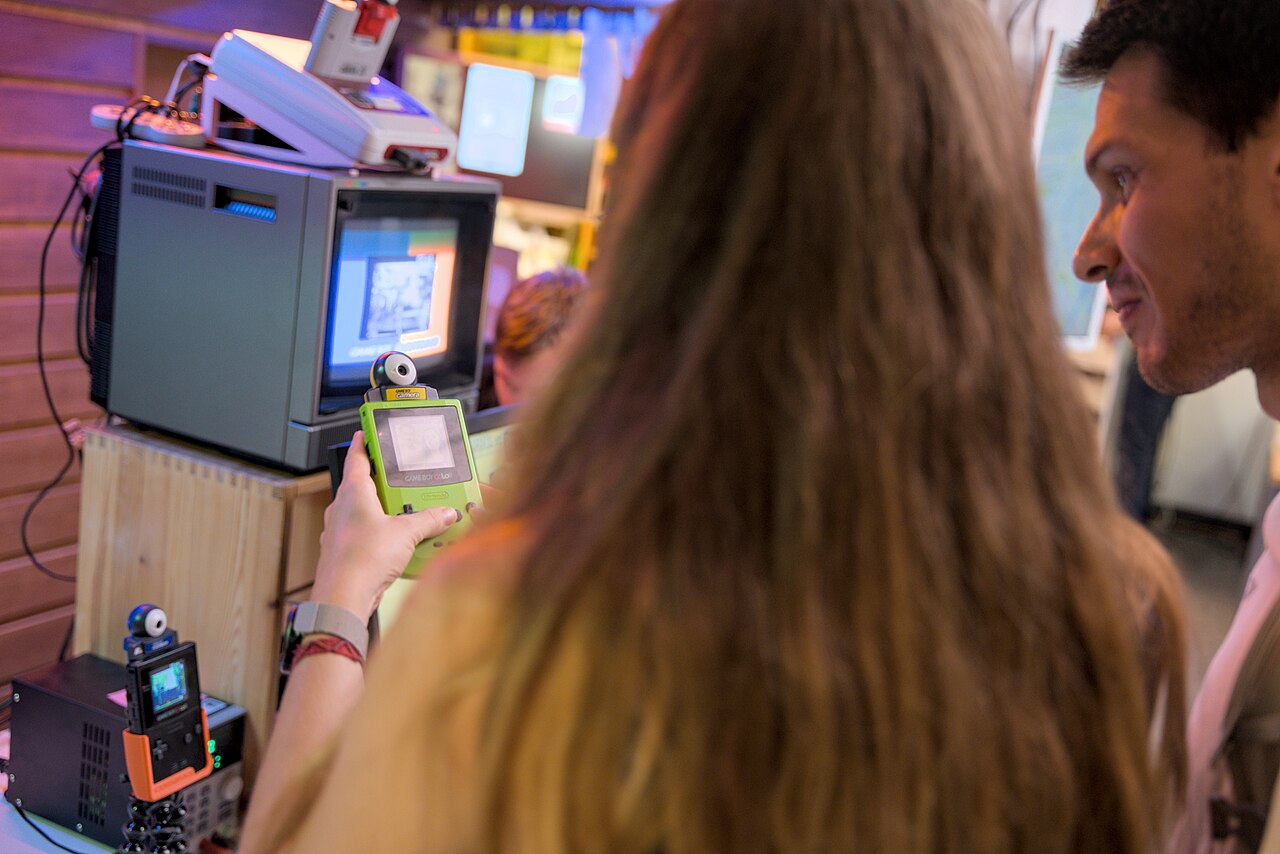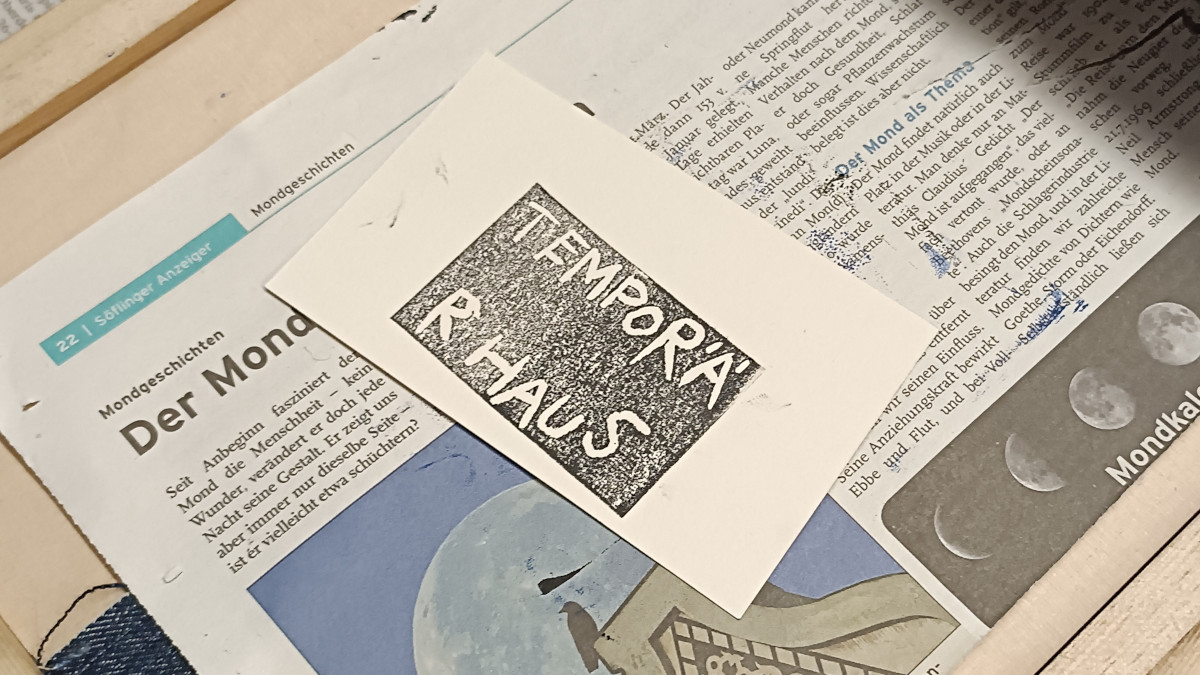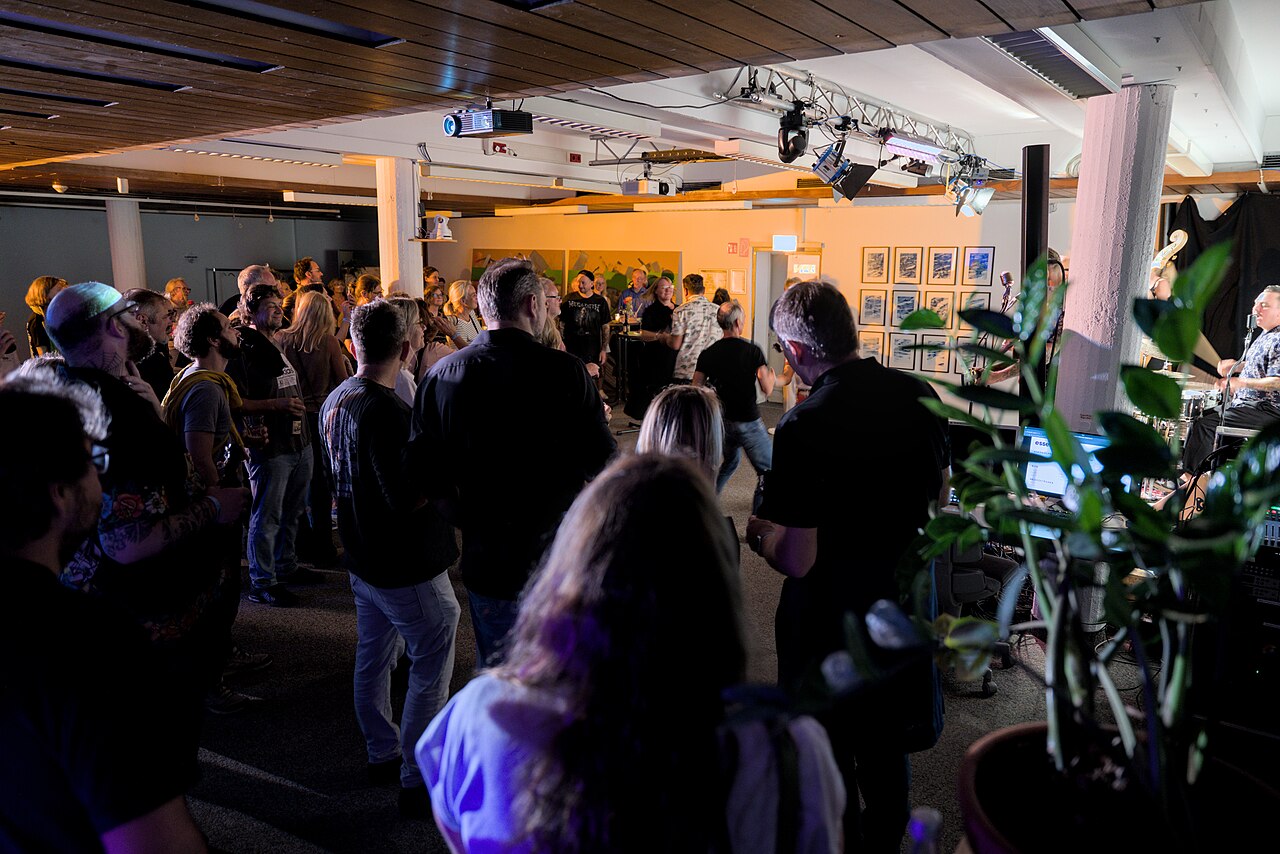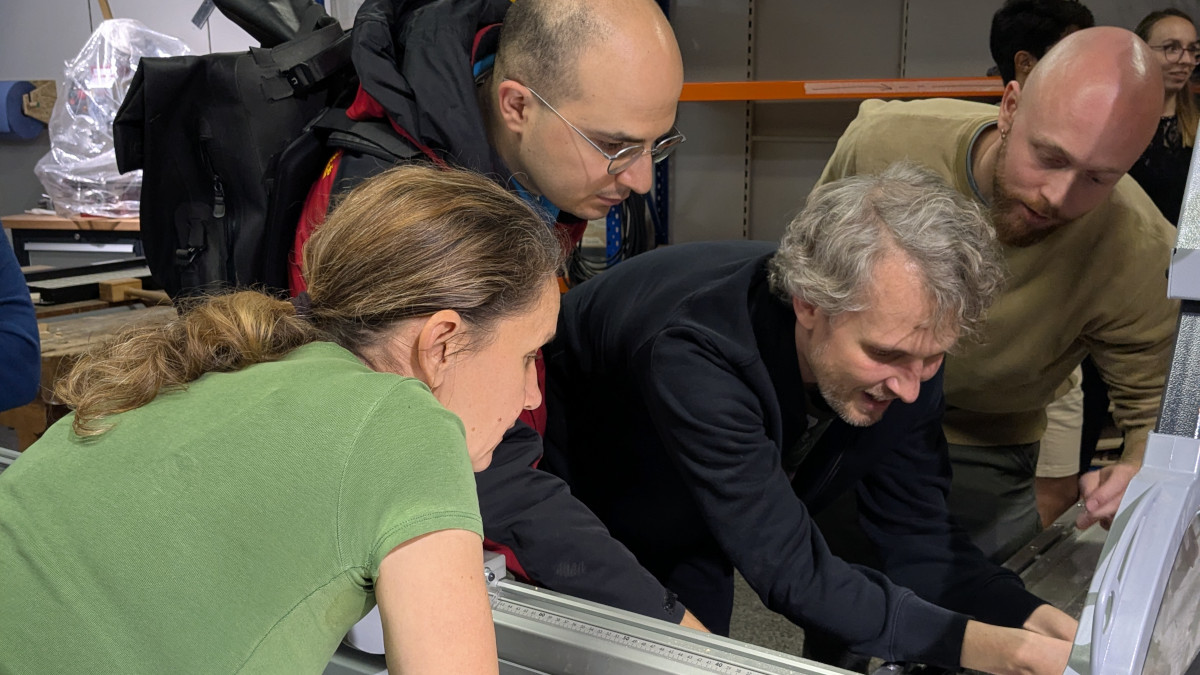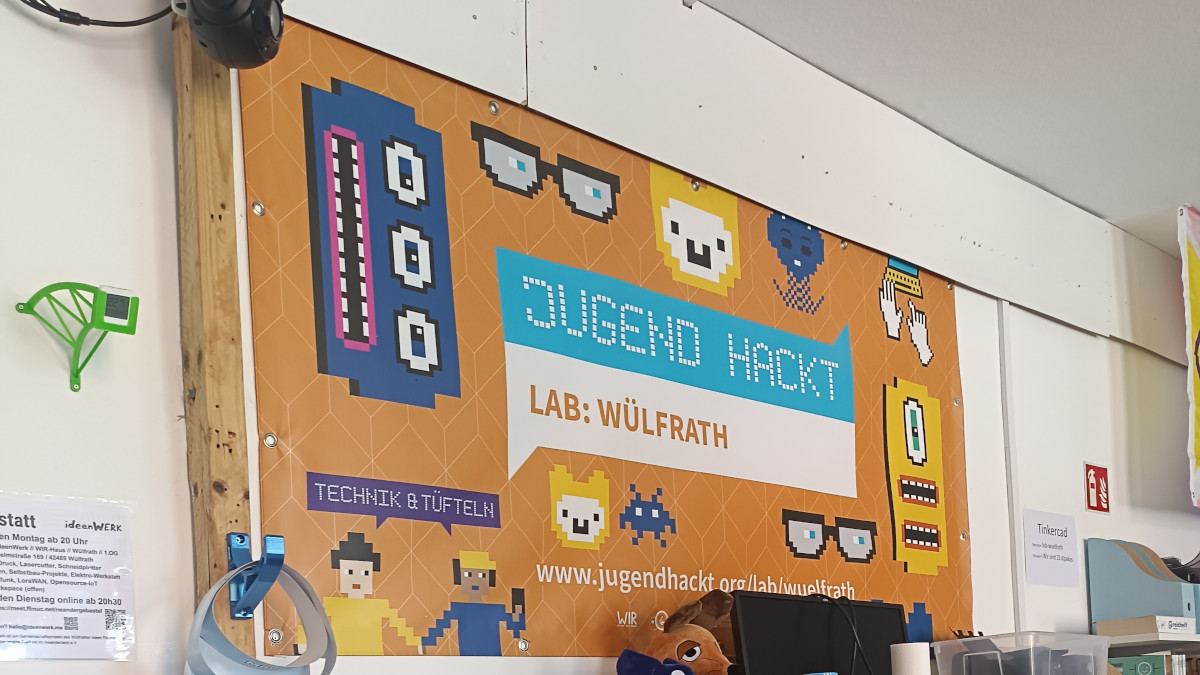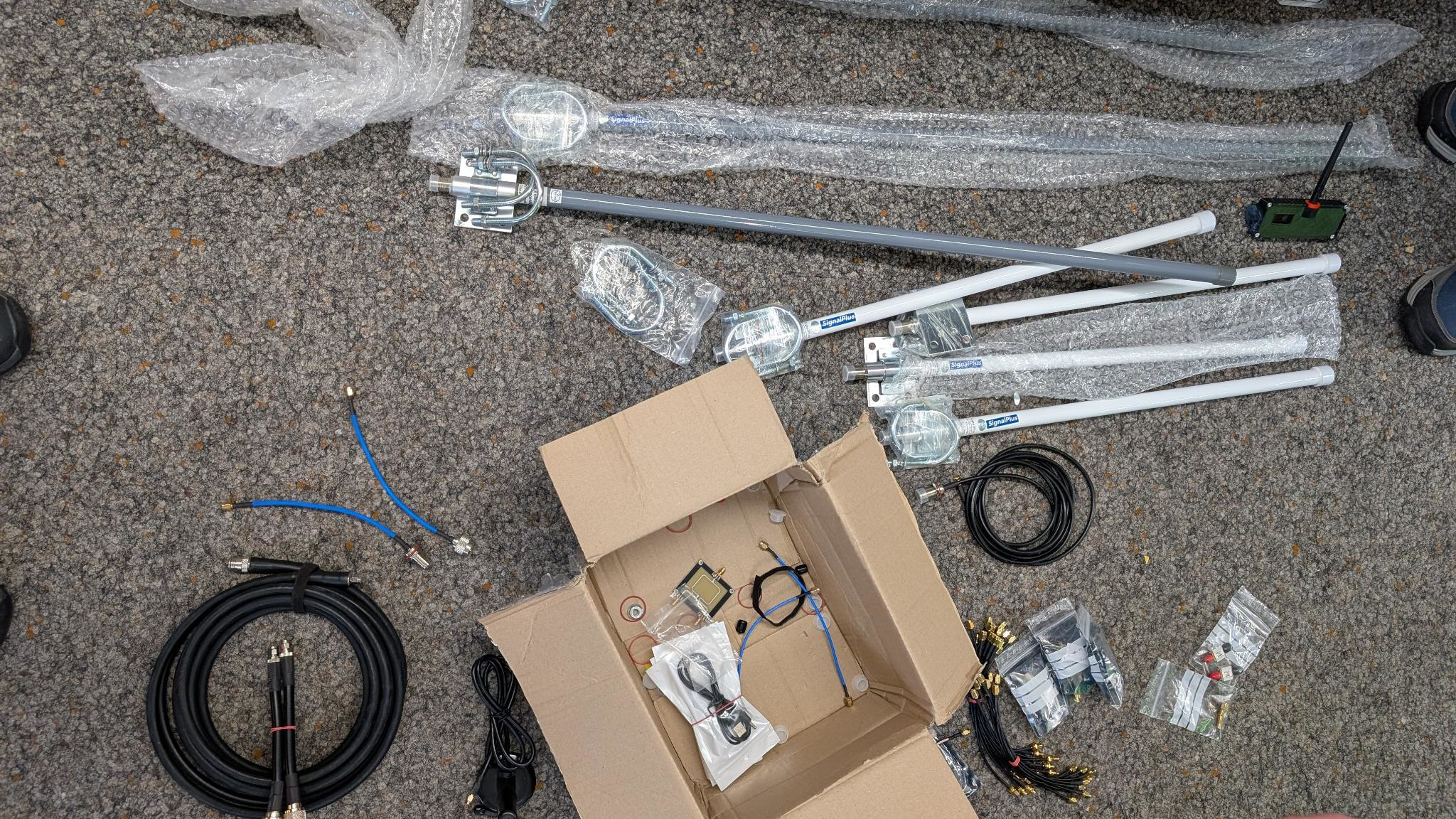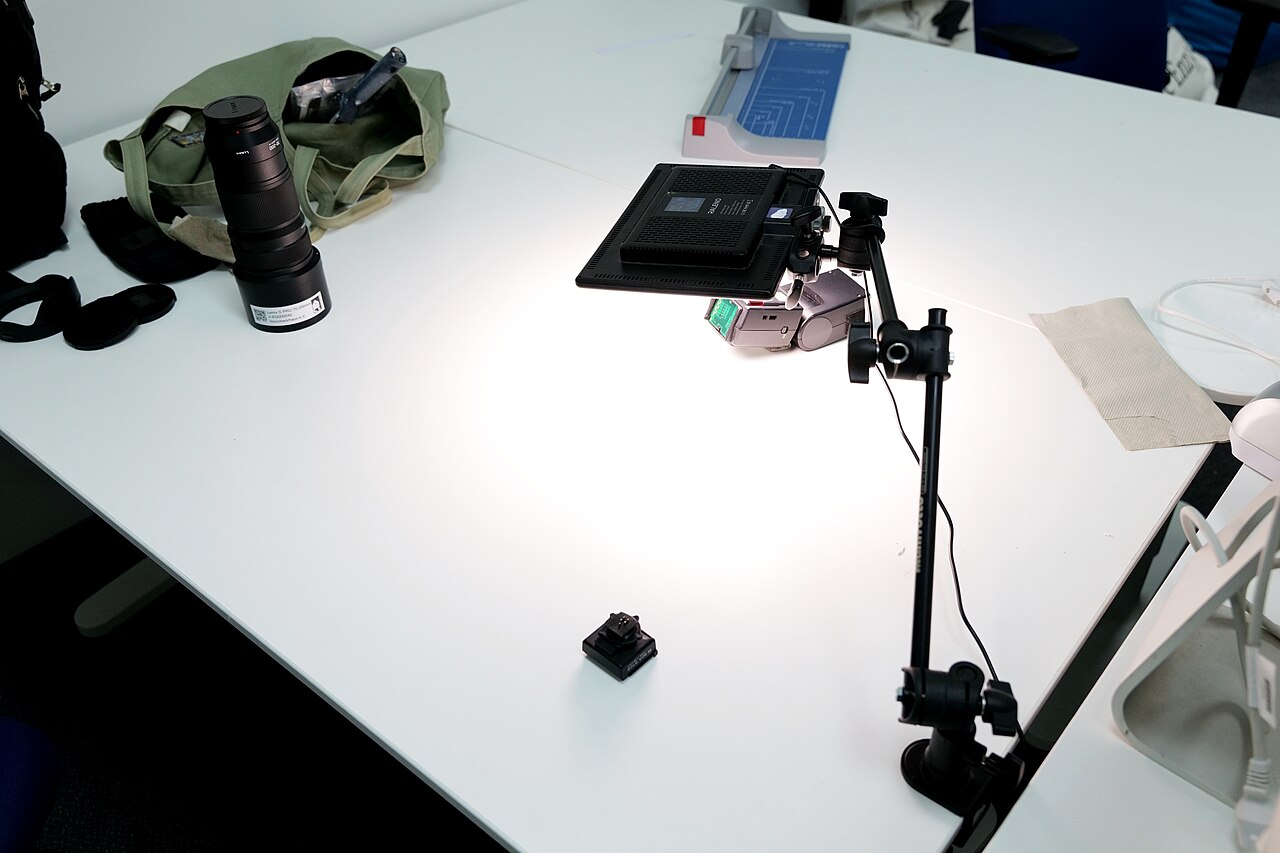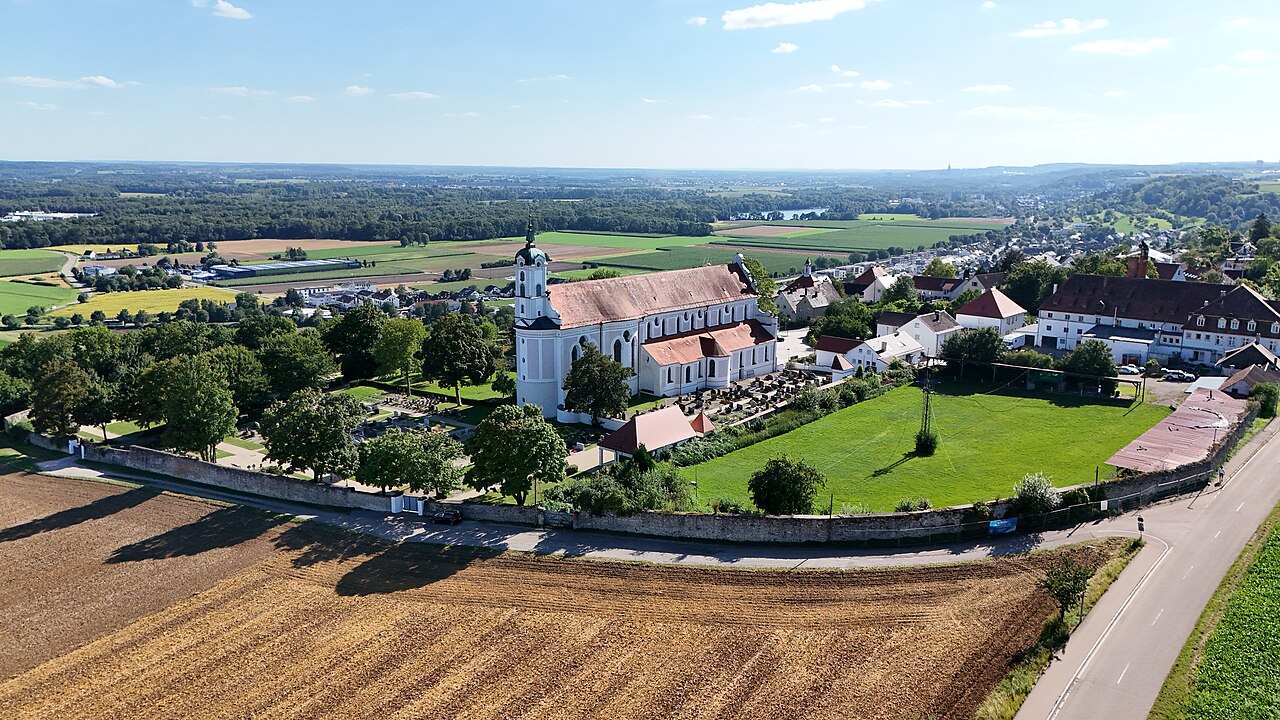Zum Jahresende 2025 wurde ein weiterer ein Meilenstein in unserer Hausfotografie erreicht:
Nachdem wir bereits im August die tausendste Aufnahme auf Wikimedia Commons verkünden konnten, wurde nun zusätzlich zum Jahresende 2025 das tausendste Bild von unserer Hauskamera innerhalb eines Jahres unter freier Lizenz veröffentlicht.
So wurde dieses Jahr unter anderem der Abriss der Gänstorbrücke und der Kühltürme in Gundremmingen dokumentiert. Auch der “Lebendige Kreuzweg” in Ulm und Neu-Ulm wurde fotografisch festgehalten, ebenso wie das deutsche Musikfest, das 2025 in Ulm zu Gast war. Neben Fotos verschiedenster weiterer Veranstaltungen und Objekten wurde das Jahr mit den ersten lizenzfrei veröffentlichten Fotos vom mittelalterlichen Weihnachtsmarkt in Neu-Ulm abgeschlossen.
Und auch in diesem Monat wurden wieder Spieler der 2. Basketball Bundesliga ProB in der Orange Academy fotografiert, um nach und nach die verschiedenen Mannschaften in Wikimedia Commons festzuhalten.
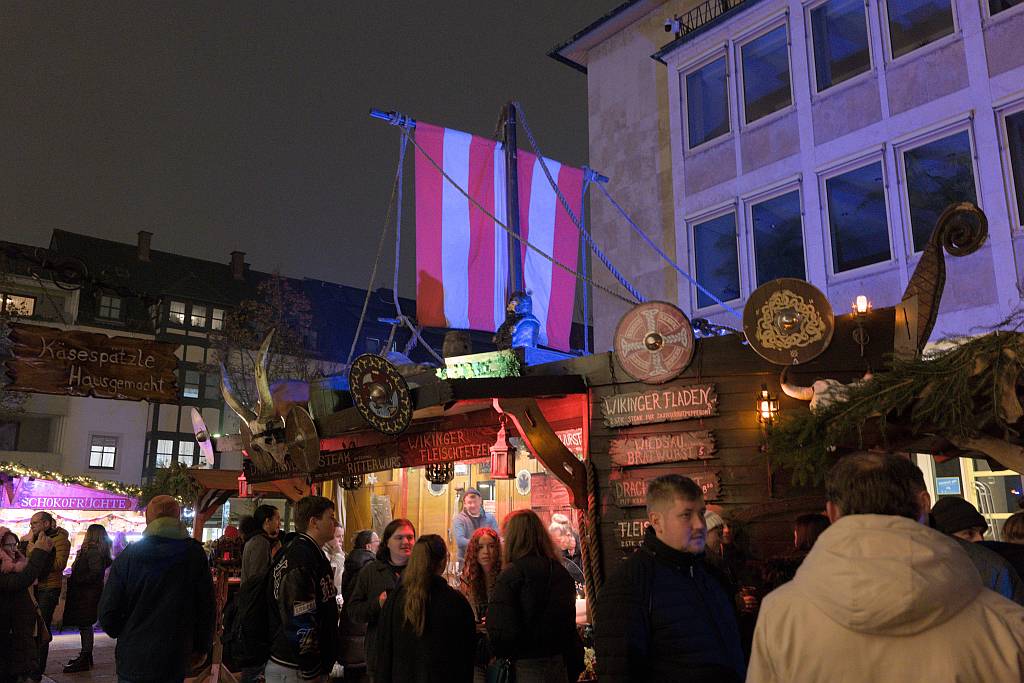
So wie auch das Titelbild des Monatsberichtes ist dieses Bild eines der ersten, das den Weihnachtsmarkt Neu-Ulm auf Wikimedia Commons zeigt.
Natürlich waren wir dieses Jahr auch wieder auf dem Chaos Community Congress (39C3) vertreten. Im Free Knowledge Hub informierten wir zusammen mit Wikimedia, CodeForGermany und FragDenStaat über freies Wissen. Nebenbei gab es einen Teil unseres umfangreichen Maschinenparks sowie diverse Projekte aus dem temporärhaus zu bewundern.
Eli hatte sich im Vorfeld des Congress’ schwer ins Zeug gelegt und in stundenlanger Handarbeit eine mehrlagige Stempelvorlage erstellt, mit welcher verschiedenfarbige Postkartenmotive gedruckt werden konnten. Eines der Ergebnisse könnt ihr auf unserem Mastodon-Kanal bewundern.
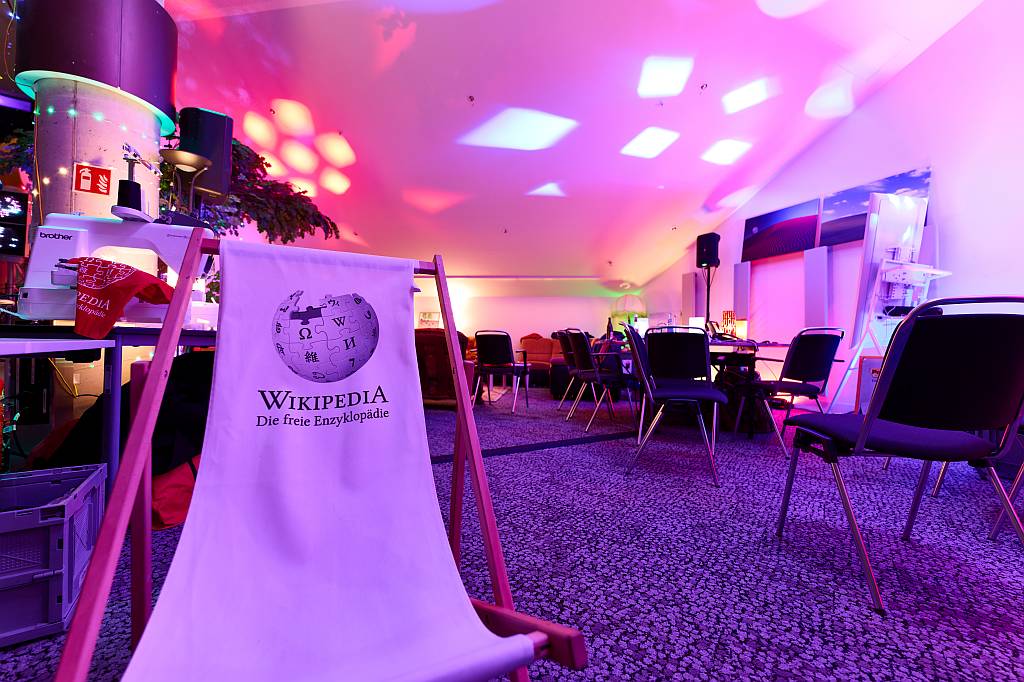
Free Knowledge Habitat auf dem 39C3, in dem sich alles um freies Wissen dreht. Links ist unsere Stickmaschine zu sehen. Foto: Leonhard Lenz, Free Knowledge Habitat at 39C3 2025-12-28 19, CC BY 4.0
Um freies Wissen ging es auch hier lokal bei einem ersten Kennenlern-Treffen mit Menschen aus dem Stadtarchiv Neu-Ulm. Es gibt beispielsweise die Idee, gemeinsam eine Retrospektive der Augsburger Straße 23-25 (unser aktuelles Zuhause) zu erstellen und die Veränderungen im Lauf der Zeit zu präsentieren. Außerdem haben wir das Angebot für eine Führung durch das Stadtarchiv bekommen. Wir sind gespannt, was für spannende Projekte sich daraus in Zukunft noch entwickeln werden.
Im Rest des Monats war im Haus zusätzlich einiges los. Zweimal fand der Open Data Monday statt und unsere TTN/LoRaWAN-Gruppe sowie die CTF/PPP-Gruppe trafen sich ebenso jeweils an zwei Tagen. Außerdem fanden sich während des 39C3 einige Menschen im Haus zusammen, um gemeinsam Livestreams der Vorträge zu schauen. Das Nähcafé öffnete einmal seine Türen und unsere Kooperation mit dem ADFC Ulm wurde mit einem Termin von “RAD-ikal technisch” fortgeführt. Zu guter Letzt war der letzte MakerMonday im Jahr ein voller Erfolg und konnte mit 38 Besuchern viele Menschen begeistern.
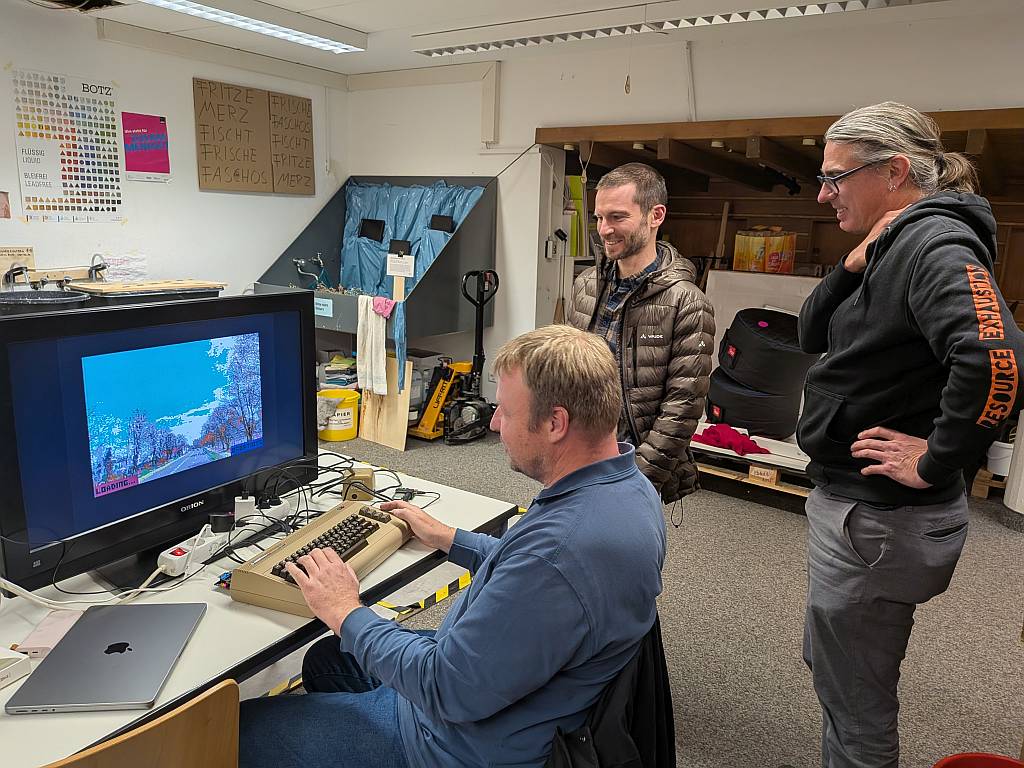
Historische Hardware beim MakerMonday: Ein C64 wurde mittels Mikrocontroller mit dem Internet verbunden und ist nun in der Lage, Online-Karten anzuzeigen.
Zum Jahresabschluss gab es außerdem gute Nachrichten: Unsere Förderung von Wikimedia Deutschland wurde auch in 2026 verlängert. So können wir weiterhin als lokaler Raum unseren Beitrag zu freiem Zugang zu Wissen und Werkzeug leisten. Vielen herzlichen Dank an Wikimedia Deutschland!
Ebenso einen Dank an all die Menschen vor und hinter den Kulissen des Hausis, die uns aktiv (durch ehrenamtliche Arbeit) oder passiv (z.B. durch Spenden) unterstützen. Ohne euch wäre das alles nicht möglich!
PS: Wir sind immer noch auf der Suche nach einer neuen Immobilie, ab allerspätestens Ende 2026. Solltet ihr jemand kennen, der jemand kennt, … ihr wisst schon …, dann gebt bitte Bescheid, damit wir auch in Zukunft unsere tollen Aktivitäten weiter führen können!
